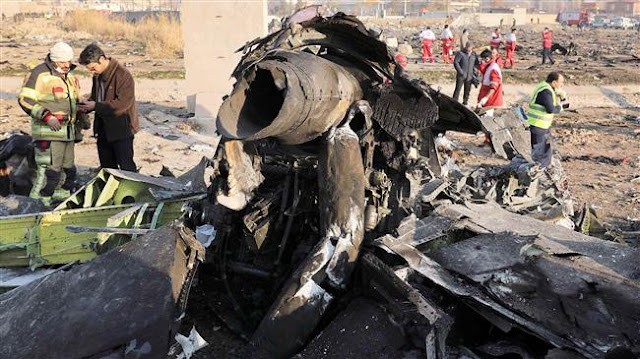How can the Middle East change?
The two-state solution to the Israeli-Palestinian conflict is still widely supported by the international community, despite the fact that neither Israel nor the Palestinians are moving any closer to that solution.Michael Lumish: An Alternative Solution
It is unfortunate that the international community is so attached to current borders, even if those borders are unjustly drawn up against the popular will of the people.
Indeed, most of the borders in the Middle East, not to mention Africa, some of Asia and the Americas, were established by the former colonial powers of Europe with little regard for the native inhabitants. People of different ethnicities and religions were forcibly incorporated into new countries like Iraq, Syria and Lebanon.
It is also ironic that the European powers imposed most of the Middle East’s current borders without taking into consideration the ethnic and religious makeup of the region, because in Europe itself, following the World War I, they were doing the exact opposite.
After the war ended, the victorious Allied powers decided that there would no longer be multinational empires ruling the continent. Hence, the Austro-Hungarian Empire was broken up and its territory was divided into separate states based on nationality. This is how the current states of Hungary and Austria were born, as well as the former states of Czechoslovakia and Yugoslavia.
What I am considering is more along the lines of Caroline Glick and Martin Sherman. It is one possible answer to Enno's question. Annex Judea - Samaria, up to the Jordan River. Those hillsides above Jerusalem and Tel Aviv are traditional Jewish land. The Arabs, along with others, conquered it, but the Jews are the only extant indigenous people to that land. That is our land and we should not respect the rights of conquerors to steal it from us, particularly within living memory of the Holocaust (Shoah).Shin Bet chief Argaman: We thwarted 560 terror attacks this year
There are two major fears concerning the Jewish annexation of Jewish land. The first is demographic and the second is international reaction. What I propose -- with some modesty, thank you -- is that Israel annex Judea - Samaria up to the Jordan. The demographic problem need not be a problem if it is dealt with in a straightforward manner. A reasonable percentage of non-Israelis who live on that land would need to be interviewed. Those who despise Jews would need to move elsewhere. Those who do not express any such hatred would need, just like Jewish citizens of Israel, to do a few years of national service. Those who complete that service with good report should be offered Israeli citizenship.
The international reaction to a Jewish annexation of Jewish land is more complex. Western-Europe, the European Union, the United Nations, and the Democratic Party leadership essentially despise the Jewish people and our state. If Israel were to annex our own land they would throw a fit. But if we fail to do so in coming years than we will never be able to do so and we will remain forever back on our feet. We will always be at the mercy of Europeans who think that persecuting Jews is a matter of "social justice" and Arabs and Muslims who simply want us dead or gone from our own historical homeland.
But if there was any a moment in recent Jewish history to claim our land, now is probably the time. Not only do we have an ally in the White House, but we have greater economic, technological, medical, scientific, and diplomatic reach than in any time in Jewish history.
What I would suggest to my friend, Enno, despite the fact that I am sitting in my perch in northern California, is that perhaps now is the time for bold action.
Shin Bet director Nadav Argaman said on Monday that his agency thwarted 560 significant violent attacks this past year, more than 300 of them shooting attacks.
Argaman was speaking at a ceremony to give prizes to top performers in the country's intelligence agencies.
He gave credit to the entire Shin Bet and other agencies for their efforts in nabbing terrorists before they could kill Israeli civilians.
Operatives who participated in six key operations were given awards.
Prime Minister Benjamin Netanyahu also spoke at the ceremony, emphasizing that Iran remains the country's main threat.
He said that Iran threatens Israel using conventional warfare, and is a potential nuclear threat in the future and via proxy terror groups.
Netanyahu thanked the intelligence agencies for both keeping the Israeli public safe and giving them a relative sense of safety in the midst of a dangerous region.
































.jpg)




